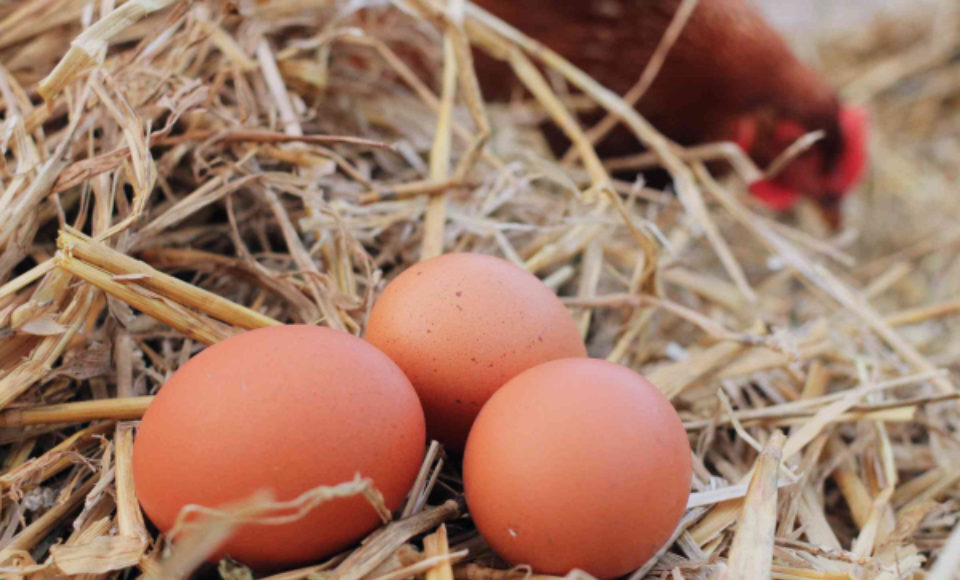Raising your own chickens can be a rewarding experience, especially when it comes to gathering fresh, organic eggs. Whether you’re new to the world of poultry or an experienced farmer looking to enhance your flock, knowing how to choose chickens for eggs is crucial. This guide will help you navigate the options and make informed decisions, keeping in mind factors such as breed, climate, and your needs.
The initial steps of selecting the right chickens for egg production can determine the success of your venture. This crucial process involves several considerations, including your environment, the purpose of the chickens, and their maintenance needs.

Understanding Chicken Breeds
Chickens come in various breeds, each with its unique characteristics. Some are optimized for meat, while others are excellent layers.
Popular Egg-laying Breeds
When aiming to produce eggs, several breeds stand out for their prolific laying abilities. The Rhode Island Red and Leghorn are known for their reliable and high egg yields. Such breeds are ideal if your main goal is to frequently collect eggs.
Consider Heritage Breeds
Choosing heritage breeds can contribute to conserving genetics and biodiversity. While they might not lay as many eggs as commercial breeds, they often have hardiness and interesting personalities.
Climate Considerations
Your local environment plays a significant role in determining the most suitable chicken breeds.
Cold Weather Adaptability
If you live in a colder area, select breeds like Orpingtons or Plymouth Rocks. These chickens are adaptable to lower temperatures and maintain good production during winter. For strategies on improving winter egg production, reference our article on winter laying.
Hot Climate Adjustments
In hot climates, consider heat-tolerant breeds such as the Leghorn or Ancona. These breeds are better suited to handle high temperatures without a significant drop in production.
Size and Space Requirements
Before deciding on a breed, consider your available space. Different breeds have varied housing needs.
Space-efficient Breeds
For those with limited space, bantam breeds might be a great choice, offering smaller bodies and requiring less room, although egg sizes are smaller too.
Free-range Opportunities
If you have ample space and are interested in free-range farming, larger breeds like the Australorp can thrive well in such environments.
Egg Production and Quality
The number of eggs your chickens can produce is a decisive factor, but you should also consider the quality of eggs.
High-yield Breeds
For those focused purely on production, breeds noted for high egg yield like Golden Comet are a top pick. Discover more about [high egg production breeds](https://chickenthingsandmore.com/egg-laying-breeds-for-high-production/) to make informed decisions.
Egg Size and Color
The color and size of eggs can be breed-specific. For unique egg colors, explore breeds like the Easter Egger.
Long-term Commitment
Keeping chickens for eggs involves a long-term commitment to care and feed, impacting both cost and effort.
Nutritional Needs
Your chickens require the right nutrients to stay healthy and productive. Delve into [supplements for laying hens](https://chickenthingsandmore.com/supplements-for-egg-laying-chickens/) for guidance on dietary requirements.
Routine Healthcare
Regular health checks and adequate shelter reduce illness risks, ensuring your flock remains vibrant and productive.
Additional Considerations
Other factors may affect your choice, including the flock’s disposition and local regulations.
Docile or Aggressive?
Choosing breeds known for gentle temperaments, especially if kids are involved, can enhance the learning and interaction experience.
Regulatory Compliance
Research your area for ordinances regarding flock sizes or permits, ensuring compliance from the start.
Learning from Experts
Engaging with existing online communities can provide valuable advice. Utilize forums and blogs like Freedom Ranger Hatchery to broaden your knowledge.
Mentorship Opportunities
Seek out local mentors or join groups who can offer support and answer specific queries about managing your flock successfully.

FAQ Section
What are the best breeds for beginners?
Some beginner-friendly breeds include Rhode Island Red and Plymouth Rock, known for their hardiness and reliability in laying eggs.
How often do chickens lay eggs?
Under optimal conditions, frequent layers like Leghorns can lay almost daily, offering around 280-320 eggs yearly.
What type of chickens lay colorful eggs?
Ameraucana, Easter Egger, and Olive Egger are popular choices for producing eggs in stunning shades.
This article contains affiliate links. We may earn a commission at no extra cost to you.










